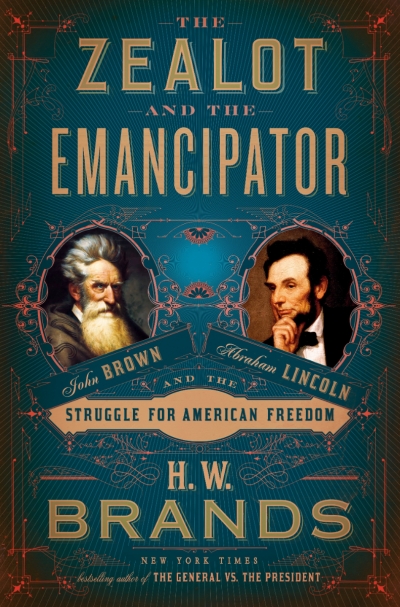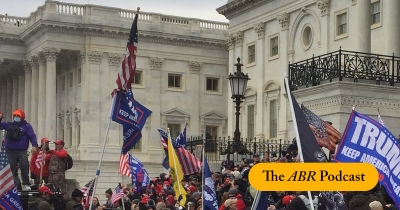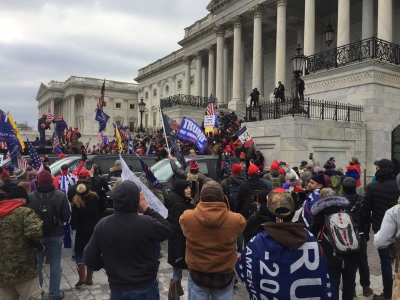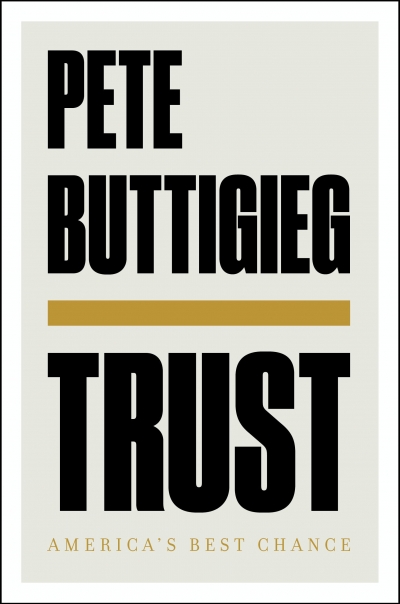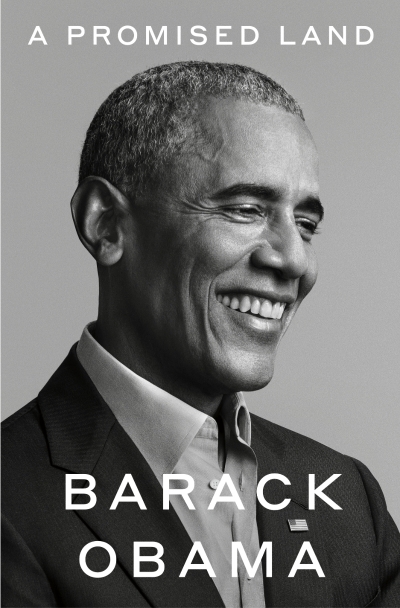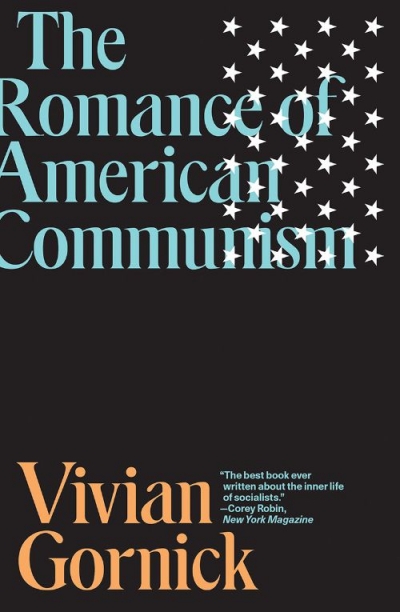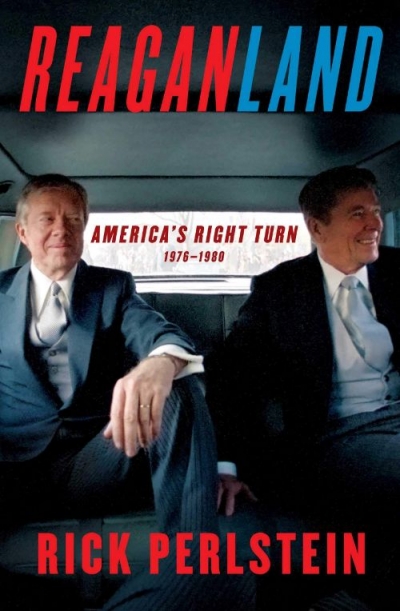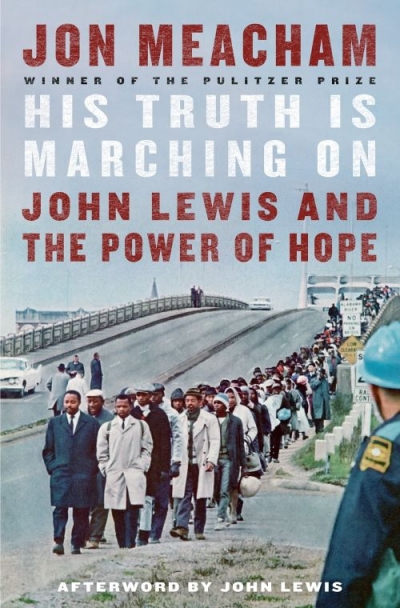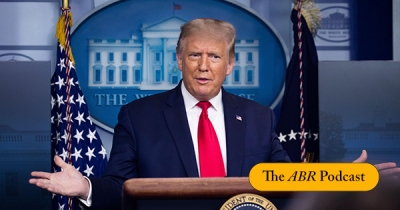US Politics
The Zealot and the Emancipator: John Brown, Abraham Lincoln and the struggle for American freedom by H.W. Brands
The events of January 6 shocked the world. In this episode of the ABR Podcast Samuel Watts reads his article 'This Is America' and offers a historical perspective. As Watts notes, 'To view the assault on the US Capitol as the climax of a dramatic, but brief, period of authoritarianism in the US is a potentially dangerous mistake. This attack was just the latest iteration in a long-lasting tradition of anti-democratic, white supremacist violence that has plagued the Republic since, at least, the Civil War.'
Samuel Watts’s article ‘This Is America’ is one of a series of commentaries funded by the Copyright Agency’s Cultural Fund.
... (read more)On the morning of 6 January 2021, President Donald Trump addressed a crowd of his supporters outside the White House for more than an hour. The president urged protesters who had already begun gathering along the National Mall to go to the Capitol Building where both houses of Congress were about to start the process of certifying the results of the electoral college, formalising Joe Biden’s victory in the November 2020 election. The election had been stolen, Trump told them: it was time for them to take it back and march on Congress: ‘You will never take back our country with weakness,’ said the president.
... (read more)Reaganland: America’s right turn 1976–1980 by Rick Perlstein
His Truth Is Marching On: John Lewis and the power of hope by Jon Meacham
Whatever we might think of him, Donald Trump has proven to be one of the most transformative figures in recent history. In today's episode, Timothy J. Lynch talks to ABR Editor Peter Rose about three new and highly critical books on Trump: Too Much and Never Enough by Mary Trump, A Very Stable Genius by Philip Rucker and Carol Leonnig, and The Room Where It Happened by John Bolton. As Lynch writes in his review, 'There is a paradox that these books illustrate but cannot resolve: why is a man so chaotic, so reviled, so malignant also so transformational?’
... (read more)In this week’s ABR Podcast, Peter Rose speaks to Michael L. Ondaatje (Professor of History at the Australian Catholic University) about black American voters’ attitudes towards Donald Trump and the Republican Party. They also discuss recent startling developments in an already tumultuous presidential election.
Michael L. Ondaatje’s article ‘Black and Republican in the age of Trump’ is one of a series of commentaries funded by the Copyright Agency’s Cultural Fund. It appears in the October issue.
... (read more)
